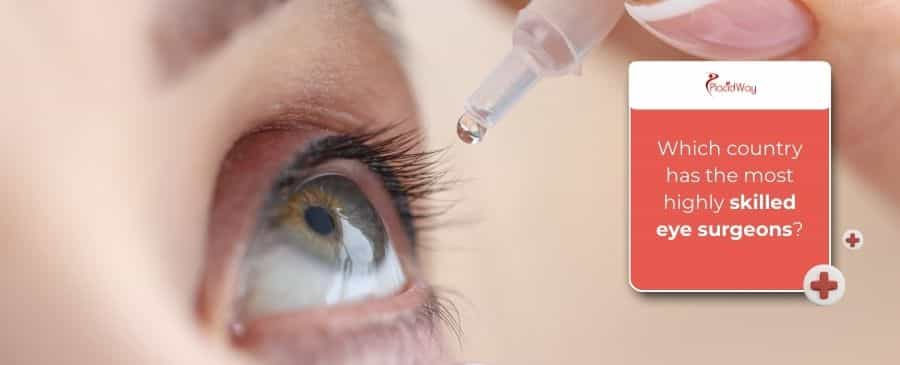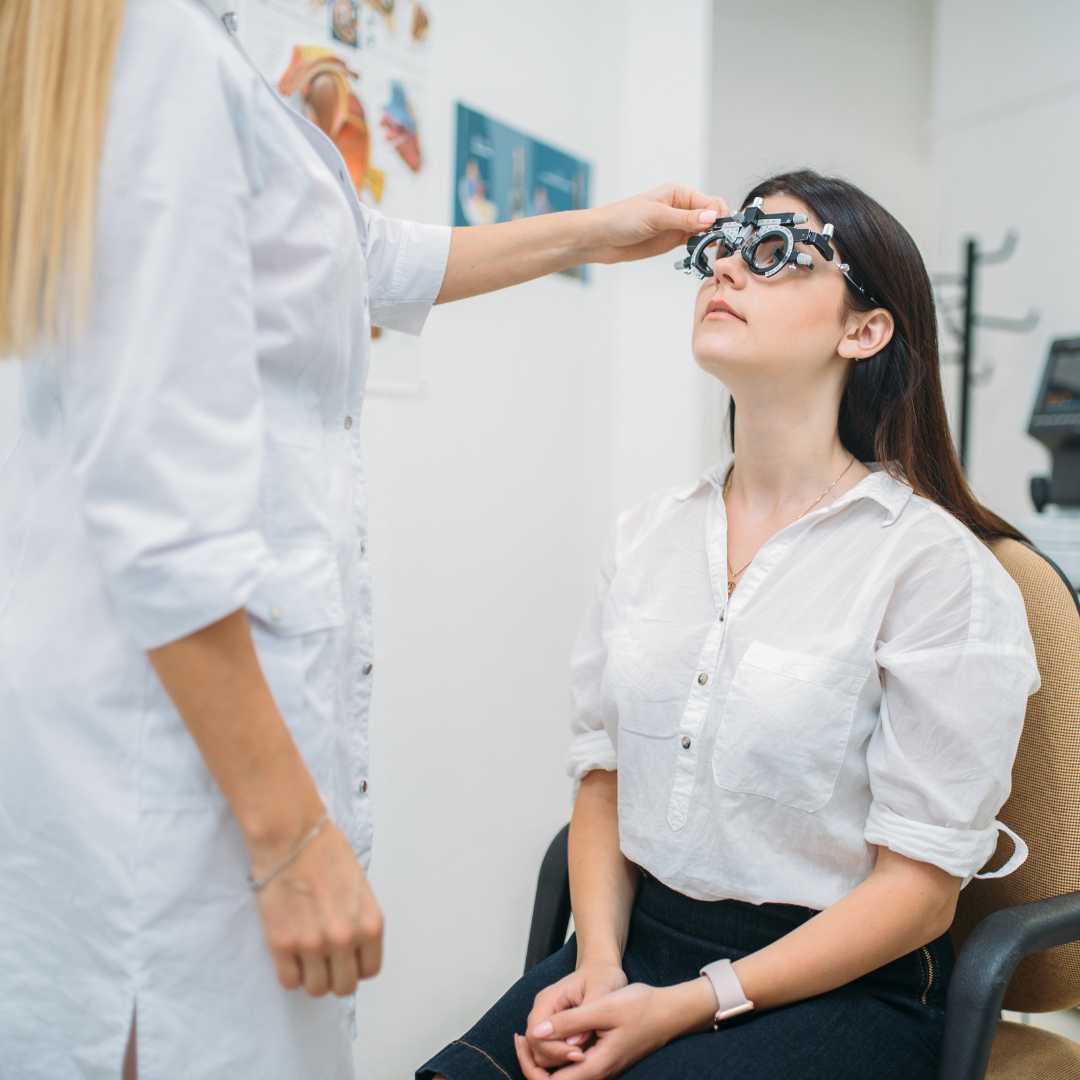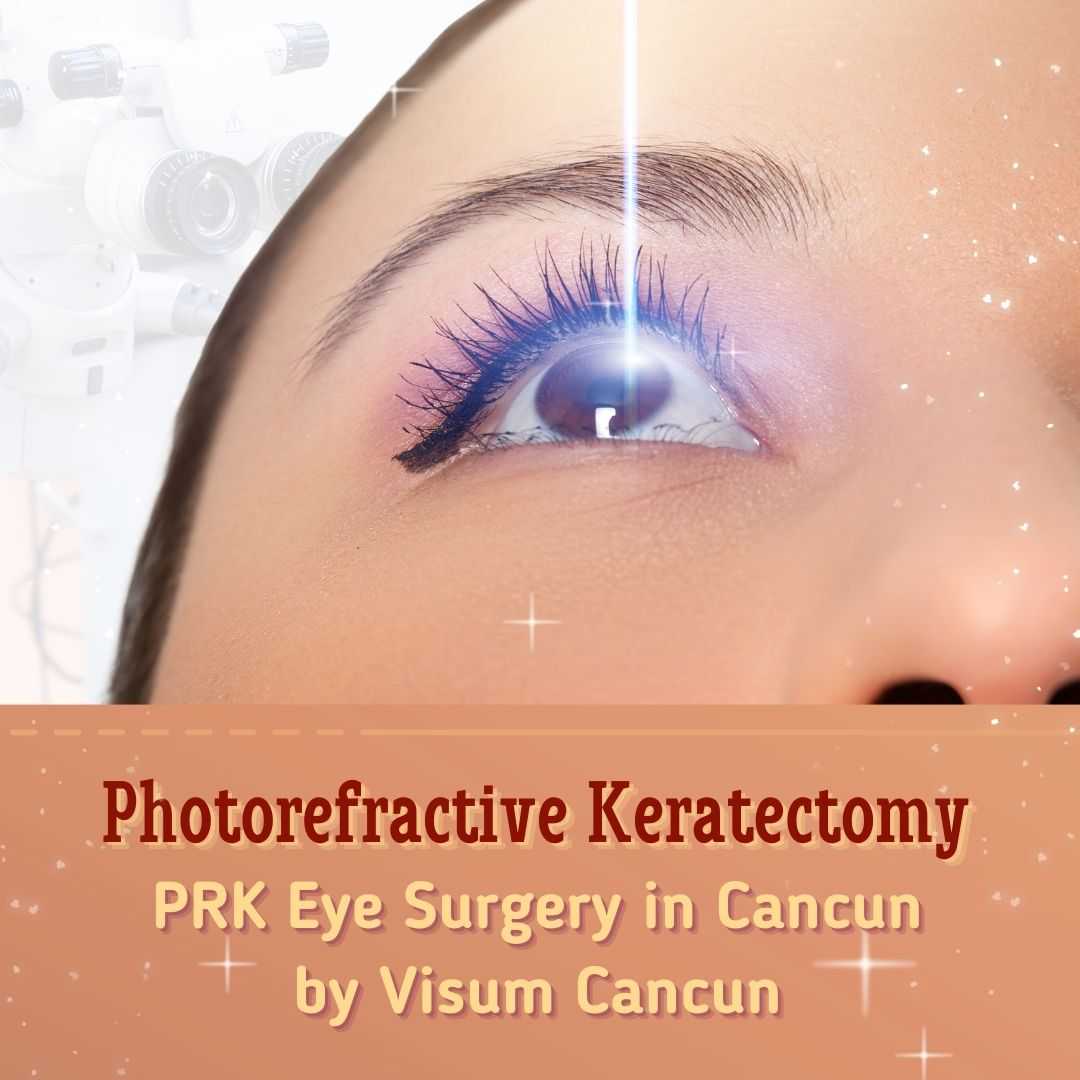Top Countries with the Best Eye Surgeons

When faced with a condition that affects your vision, the search for the best possible care is paramount. This often leads to the question: "Which country has the most highly skilled eye surgeons?" It’s a quest for the pinnacle of surgical expertise and the best possible outcome.
However, the reality is that surgical skill isn't confined to one country's borders. There is no single "best" nation, but rather a group of leading countries that have cultivated ecosystems of ophthalmic excellence. The "most skilled" surgeon is not a generic title but a specific expert whose career has been dedicated to mastering a particular condition.
A world-renowned retina specialist is different from a leading glaucoma surgeon. This guide, current for September 2025, is designed to help you navigate this search.
We will move beyond subjective rankings and instead provide a framework for identifying a world-class specialist. We will cover the non-negotiable credentials, the importance of sub-specialization, and profile the nations that are consistently recognized for their world-class eye doctors and institutions.
Is There a Single 'Best' Country for Eye Surgeons?
The ideal country for you depends entirely on your diagnosis and priorities. For example:
- A patient with a rare genetic eye disease might find the most skilled care in the USA, where they can enroll in a cutting-edge clinical trial.
- A patient needing a complex corneal transplant might find the most experienced surgeons at a high-volume specialty hospital in the United Kingdom.
- A patient seeking the most advanced laser technology for cataract surgery might look to Germany.
Your search should be focused on finding the global center of excellence for your specific condition.
What Defines a 'Highly Skilled' Ophthalmologist?
These are the objective, non-negotiable markers of an elite specialist. When vetting a potential doctor, ensure they meet all these criteria:
- Board Certification: They must be certified by their country's official governing body (e.g., the American Board of Ophthalmology in the U.S.).
- Fellowship Training: This is the most important credential. After a 3-4 year residency, a top surgeon completes an additional 1-2 years of intensive training focused only on one part of the eye. This is what makes them a true sub-specialist.
- Academic Affiliation: Top doctors are often professors or clinical leaders at major, university-affiliated medical centers. They are the ones teaching other doctors.
- Research and Publications: The leaders in the field are actively involved in research, publishing scientific papers in peer-reviewed journals, and presenting at international conferences.
- High Case Volume: An elite surgeon for a specific procedure performs that procedure frequently, giving them a level of experience that cannot be matched by a generalist.
The Critical Importance of Sub-specialization in Eye Care
A general ophthalmologist has broad knowledge, but for a serious or complex condition, you need an expert. The main sub-specialties include:
- Retina Specialists: Treat conditions like macular degeneration, diabetic retinopathy, and retinal detachments.
- Glaucoma Specialists: Manage all forms of glaucoma medically and surgically.
- Cornea Specialists: Perform corneal transplants and treat complex diseases of the eye's surface like keratoconus.
- Oculoplastic Surgeons: Specialize in the eyelids, tear ducts, and orbit (the eye socket).
- Neuro-Ophthalmologists: Treat vision problems that are caused by the brain and nervous system.
Profiles of Countries Known for Ophthalmic Excellence
While not a ranked list, these countries are undisputed leaders in the field.
| Country | Key Institutions | Primary Strengths |
|---|---|---|
| United States ???????? | Bascom Palmer Eye Institute, Wills Eye Hospital, Wilmer Eye Institute (Johns Hopkins) | World leader in research, clinical trials, and developing new treatments. The highest standard of care, but also the highest cost. |
| United Kingdom ???????? | Moorfields Eye Hospital | Home to one of the world's oldest and most prestigious eye hospitals. A massive center for high-volume clinical care, training, and research. |
| Germany ???????? | University Eye Hospital Tübingen, Charité - Berlin | Known for its precision engineering, which extends to high-tech optics and lasers. A leader in corneal surgery and advanced vision correction. |
| Singapore ???????? | Singapore National Eye Centre (SNEC) | The premier medical hub in Asia. Known for its efficiency, excellent outcomes, and major research contributions in myopia and glaucoma. |
How to Find the Right Specialist for Your Condition
Take a methodical approach to your search:
- Identify Your Sub-specialty: Work with your local doctor to confirm your exact diagnosis. Do you need a retina specialist? A glaucoma specialist? This is your most important search term.
- Research the Top Institutions: Use your sub-specialty to search for the leading hospitals. Search for terms like "best hospitals for retinal surgery" or "top glaucoma research centers."
- Investigate Individual Doctors: Once you have identified a few top hospitals, go to their websites and look at the profiles of the doctors in that specific department. Look for the department head, the fellowship program director, and doctors who are actively publishing research on your condition. This process will lead you to the true global experts for your needs.
A serious eye diagnosis requires access to the best possible information and expertise. Placidway is a global leader in medical access, connecting patients with renowned international hospitals and specialists for second opinions and treatment. Explore your options at a global center of excellence to make a confident decision about your vision care.


.png)





.png)



Share this listing